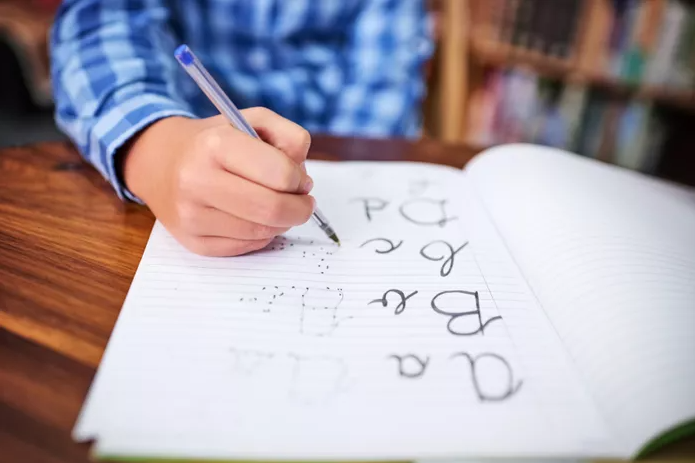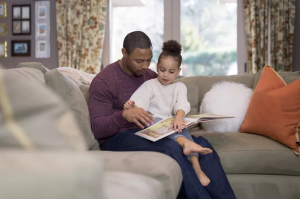Phonetics is a symbolic expression that is often used in terms of education and language development. What exactly is phonetics and why are these skills so important to your child?

Phonics skills your child should have
Phonics is a way of teaching children to read by relating sounds to letters or groups of letters. Some foundational skills in early phonetics include:
- Recognition of letters by name and sound
- Recognize short and long vowels
- Mixing sounds to form a word
- Understand unique letter pairs and the sounds they make (“tion” sounds like “avoid”, for example)
- Sound words
These are just a few important basic steps as your child will learn many components of teaching phonics.
Signs that your child has poor phonic skills
Just because your child can read or write doesn’t mean he has good phonetic skills. They may have learned by trial and error instead of developing the skills to decode words. You may suspect that your child is not mastering phonetic skills if they start to fall behind and have difficulty reading and writing.
Besides your own parenting instincts, one of the best ways to tell if your child doesn’t have good phonics skills is to talk to their teacher. Hopefully, your child’s teacher is monitoring your child’s phonetic skills and will be able to give your insight into your child’s situation through their skills.
The importance of phonic skills
Trial and error might have worked for your child at first, but it will make reading and writing more and more difficult if it continues to be their strategy. By having the ability to understand how words are formed, your child will be able to decode and understand new words on their own.
Without strong phonetic skills, your child will struggle every time they encounter a new word. Your child will likely start falling behind their peers quickly. Mastering the understanding of word form is imperative for the continued development of language.
How to help your child with telephony?
As soon as you realize your child is having problems with phonetics, provide them with as much additional learning material as possible. Your child’s teacher will be a great resource to help you find the materials that are best for your child and their challenges. Before you have a chance to talk to your child’s teacher, a good place to start is to read with your child as often as possible. Help him pronounce the words and talk about the letters and the sounds they make.
At phonics.com.au, we strive to help you find the best phonics material for your child’s to learn the best possible method while playing. Visit our shop today!


